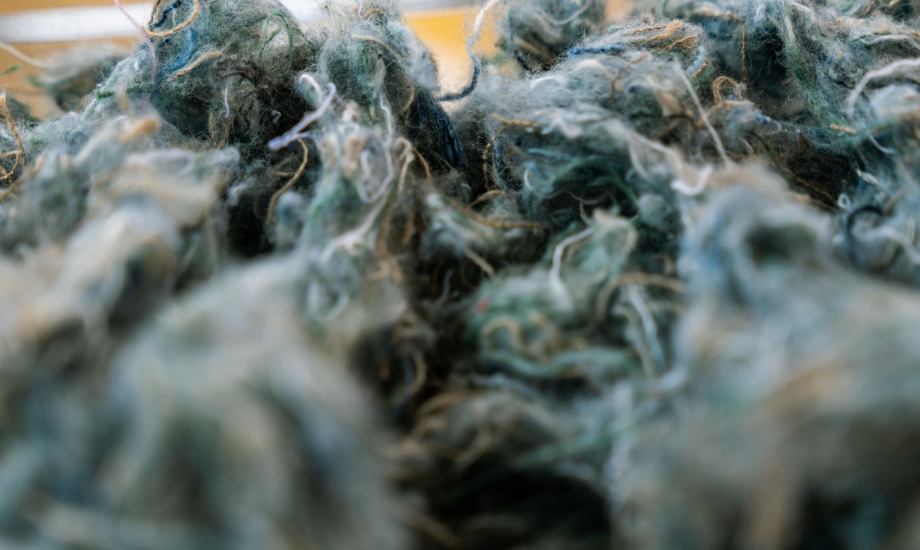
The Rehubs Initiative
EURATEX, in collaboration with its members, launched the ReHubs initiative in 2020 in the face of the European textile waste challenge and to finally activate circular economy in the textile sector at large scale.
The first TES has just been completed and sheds light on key figures, options to collaborate for European-wide solution.
- The ReHubs initiative brings together key European and world players to solve the European textile waste problem by transforming “waste” into a resource, and to boost textile circular business model at large scale.
- This collaboration is set to turn the societal textile waste issue into a business opportunity and to fulfil the EU ambitions of the Green Deal, of the mandatory textile waste collection by end 2024 and the transition into Circular Economy.
The current state of affairs
- Europe has a 7-7.5 million tonnes textile waste problem, of which only 30-35% is collected today.
- Based on the European Waste Law, all EU Member States must separately collect the textile waste in 2 and half years.
- While some countries are designing schemes to face the waste collection challenge, currently no large-scale plan exist to process the waste.
- The largest source of textile waste (85%) comes from private households and approximately 99% of the textile waste was made using virgin fibres.
- Once matured and scaled, the textile recycling industry could become a profitable industry with a total market size of €6-8 billion and 15,000 direct new jobs by 2030.
The next steps
At this stage the joint work paves the way for:
- A European textile recycling roadmap proposing Objectives and Key Results to recycle fibre-to-fibre 2.5 million of textile waste by 2030
- A leading collaboration hub with large players and SMEs from across an extended European textile recycling value chain
- A first concrete portfolio of four projects: transform textile waste into feedstock; increase the adoption of mechanically recycled fibres in the value chain; expand capacity by solving technical challenges for thermo-mechanical textiles recycling; and, create capsule collection with post-consumer recycled products.
- The 1st project addresses current sorting technologies which have limits to identify materials with sufficient accuracy for the subsequent circular recycling processes. The ‘Transform Waste into Feedstock’ project will focus on further developing and scaling such sorting technologies. The project group led by Texaid AG aims on building up a first 50,000 tons facility by the end 2024.
➔ Read the full article on TexFash
